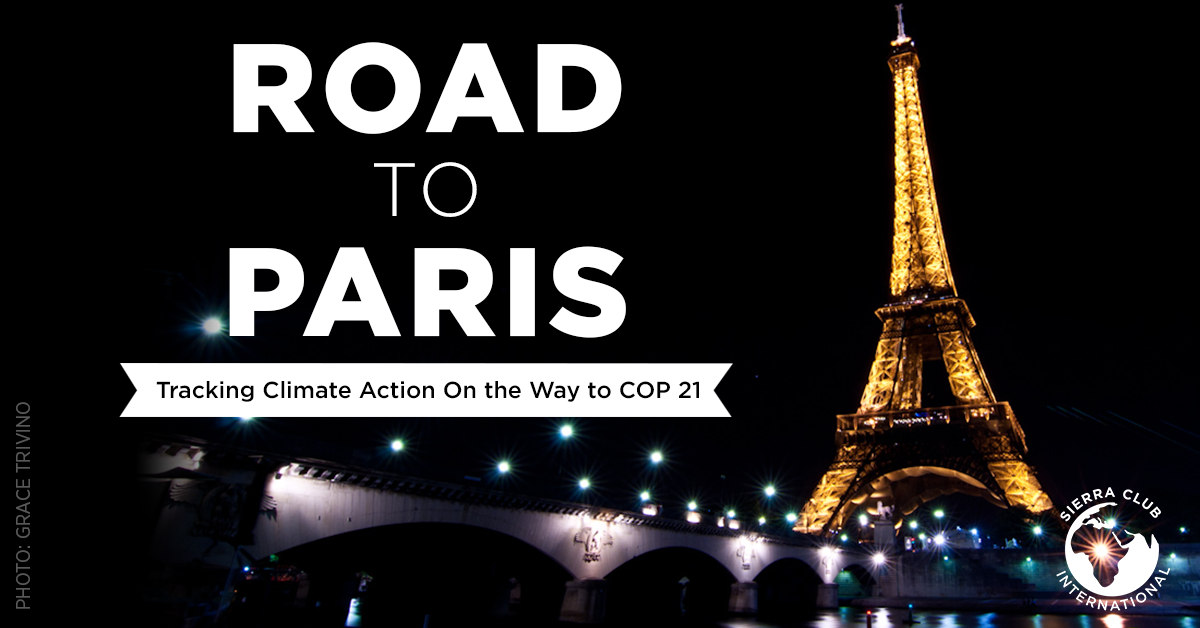In the lead up to the COP21 climate negotiations in Paris later this year, the United Nations Framework Convention on Climate Change (UNFCCC) was recently hosting its annual Ad Hoc Working Group on the Durban Platform for Enhanced Action (ADP) session in Bonn, Germany. This session, ADP 3, is three months prior to COP21 and presents the Parties -- the negotiating bodies for each country -- with a need to further develop and clarify the text that came out of the previous intersessional, ADP 2.9, in Bonn, Germany. This text will be used during the final 2015 climate negotiations in Paris and will give us the 2015 Agreement.
Janice Meier was blogging from Bonn.
This year I’ve been relatively optimistic about the progress toward the Paris deal, not so much because of the actual progress that’s been made but because of the spirit of cooperation and relatively high trust that Parties to the Convention -- the countries in the negotiations -- are showing. This week has stirred my optimism, but it’s not that I’m seeing a lapse in the trust or cooperation,rather it’s because it seems as if the process itself may be standing in its own way.
Basically,it boils down to this: you can’t tell sovereign Parties what to do. For that reason, any agreement among the Parties must be driven by the Parties themselves and can’t be imposed. And the way Parties drive the process is via submissions, written statements posted to the web, and interventions which are statements of position given verbally during the course of the meetings. At this point, it is the latter that seems to be delaying progress. There is a “push-back mechanism" against numerous and or lengthy interventions in the form of chairs or facilitators, but too much push-back can leave parties feeling not in control, and that’s when trust and the cooperation it engenders begin to evaporate.
The co-chairs and facilitators understand these dynamics, and at this point, they seem to be choosing cooperation, meaning Parties are allowed to come back with interventions almost indefinitely while those same chairs/facilitators are also being hesitant to lead the conversation in any way.
At last Wednesday’s stocktaking, countries of all types expressed the concern that the pace of progress is not enough to get to the “negotiation-ready” text that we need on day one of the last meeting before Paris, which begins Oct. 19.
So how do we bridge that gap? First, by the end of the September session we need assurance that all progress from the each and every facilitation and spin-off group will be captured in a document that will be refined in the intervening weeks leading up to the Oct. meeting. That will need to be with whatever bridging language can be found bilateral (chairs and Parties) or multilateral (MEF, ministerials,etc.).
The parties are talking earnestly, the trust level is still high, and some, but not enough, progress has been made. So lets stir the process a bit, but my confidence in it remains unshaken.
